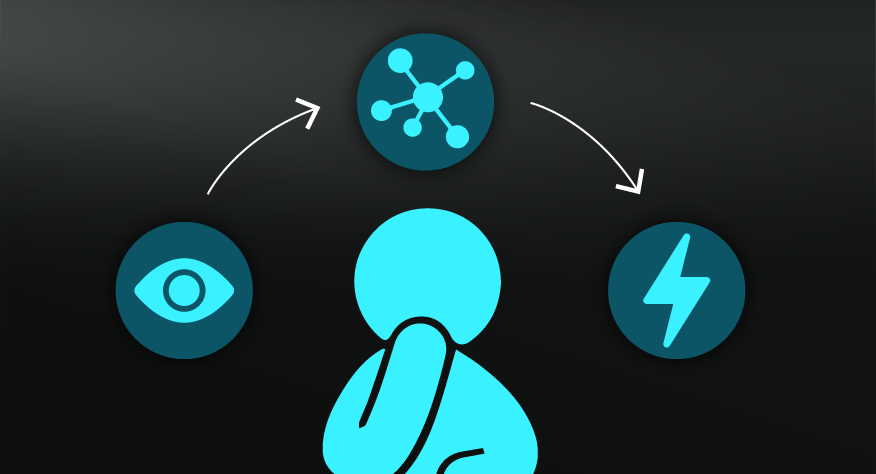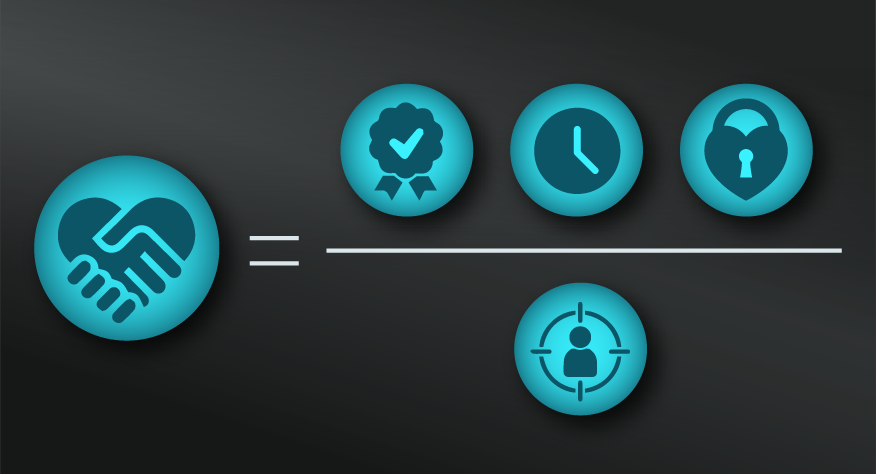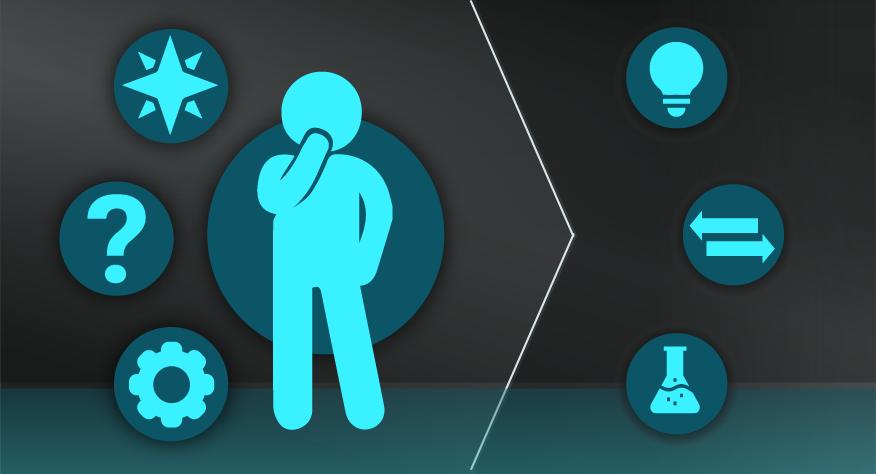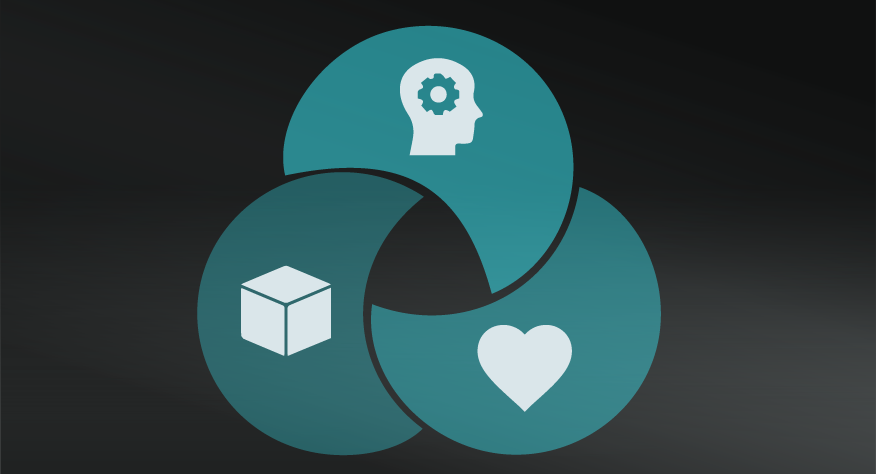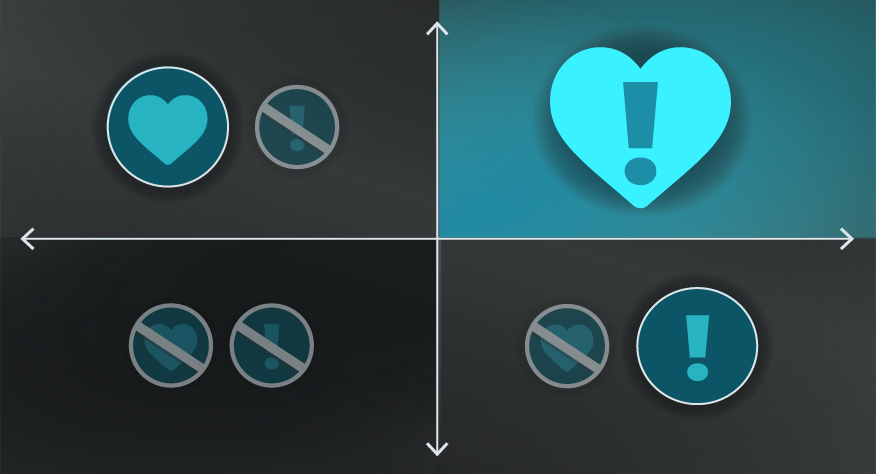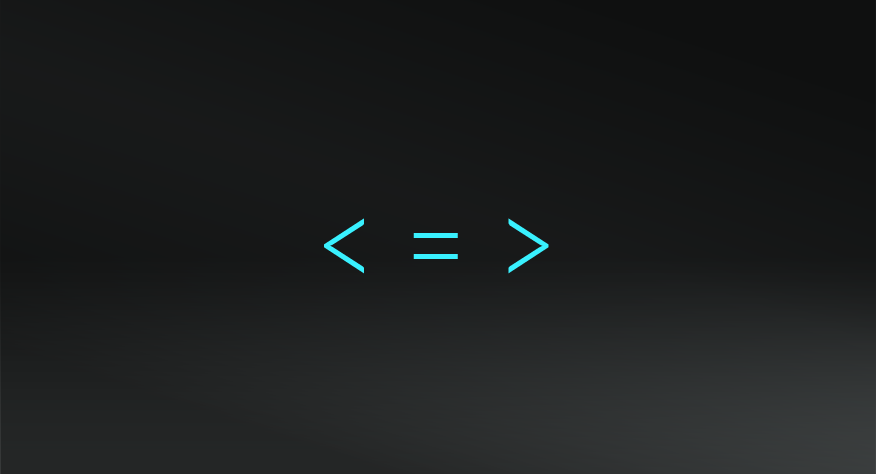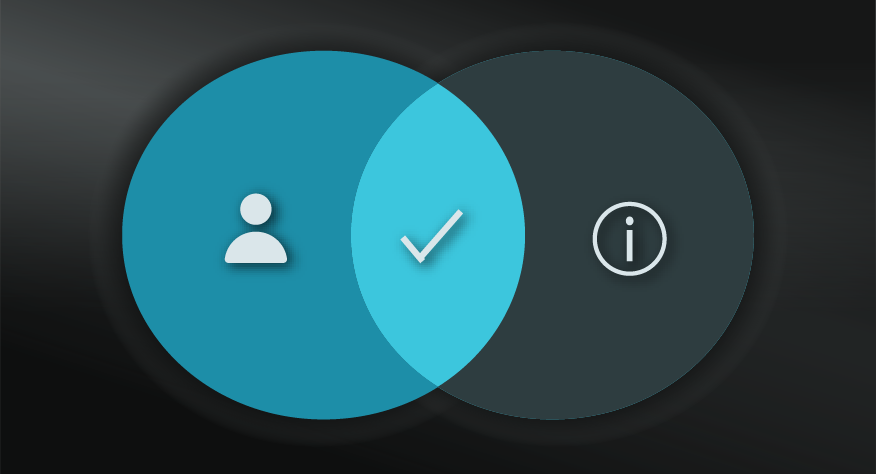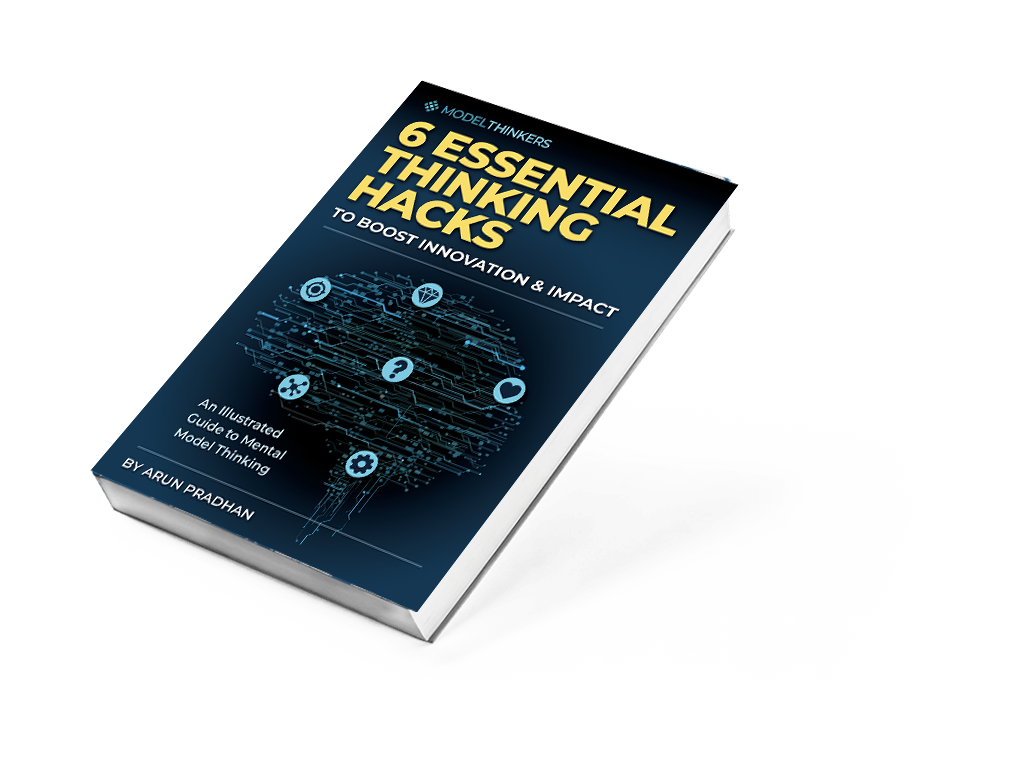
 0 saved
0 saved
 22K views
22K views








Coaching is one of the most powerful skills any leader or collaborator can have. It uses high levels of communication but is so much more, focusing on asking the right questions and empowering people rather than jumping to answers for them
Coaching excellence takes deep emotional intelligence and the ability to be truly present as you ask questions with care and curiosity. Your questions and observations will help your coachee uncover their thinking, gain clarity on their goals, and plan out their next steps.
As a coach, in one moment you're reassuring, the next you're challenging, and you're always providing a safe space for the coachee to reflect, learn, and build confidence.
There are no magical shortcuts to becoming an excellent coach — it will take practice and effort. Well, no 'magical' shortcuts... but these models will certainly expand your coaching toolkit and help you to empower your coachee more effectively and consistently.
What are you waiting for? You don't need a formal coaching session to get started. When you start paying attention, opportunities for coaching conversations will arise regularly, every day. So start experimenting and building up your coaching skills today. Whether it's a friend, a workmate, your manager, your child, or even yourself — just start coaching!
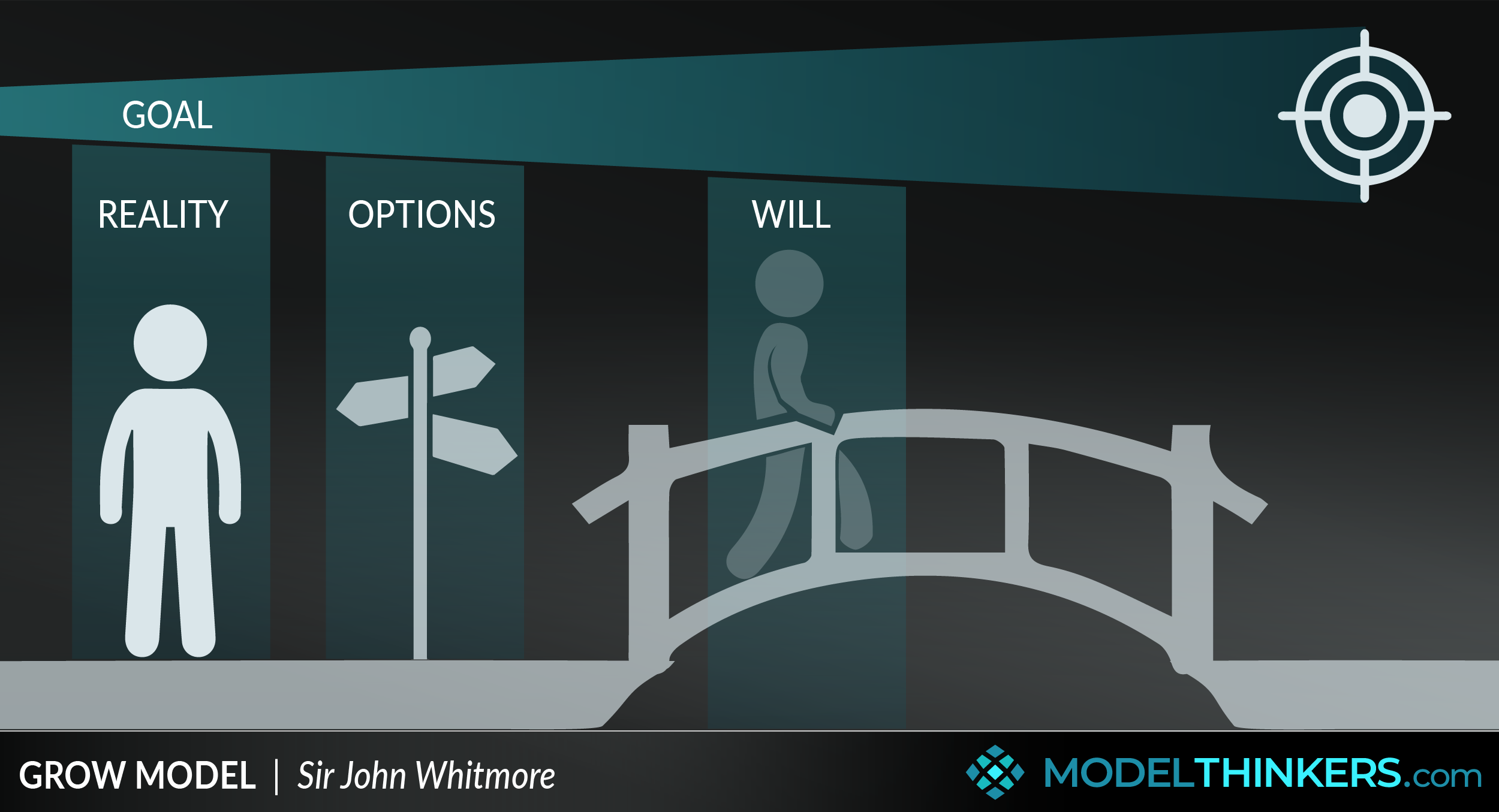
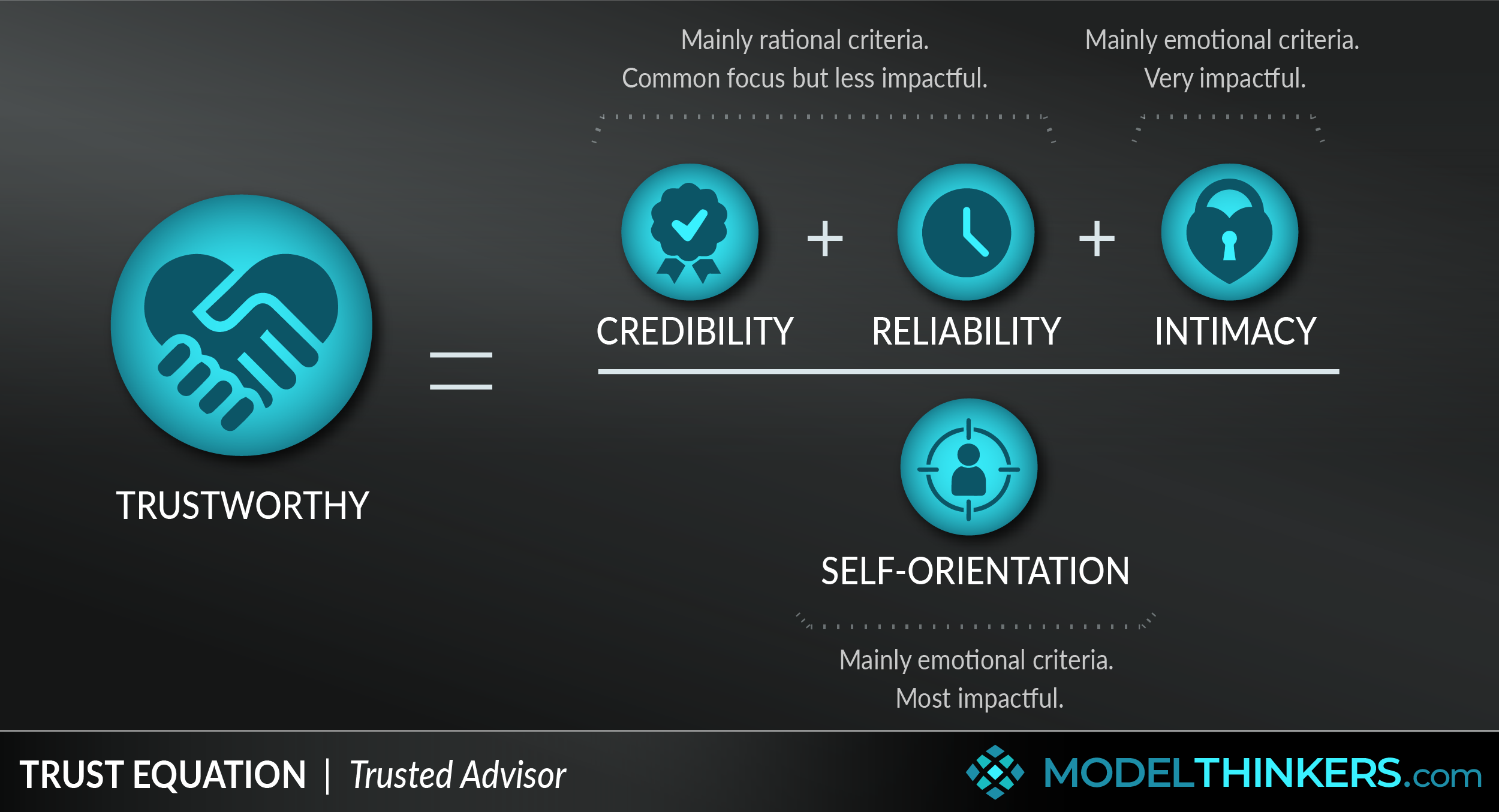
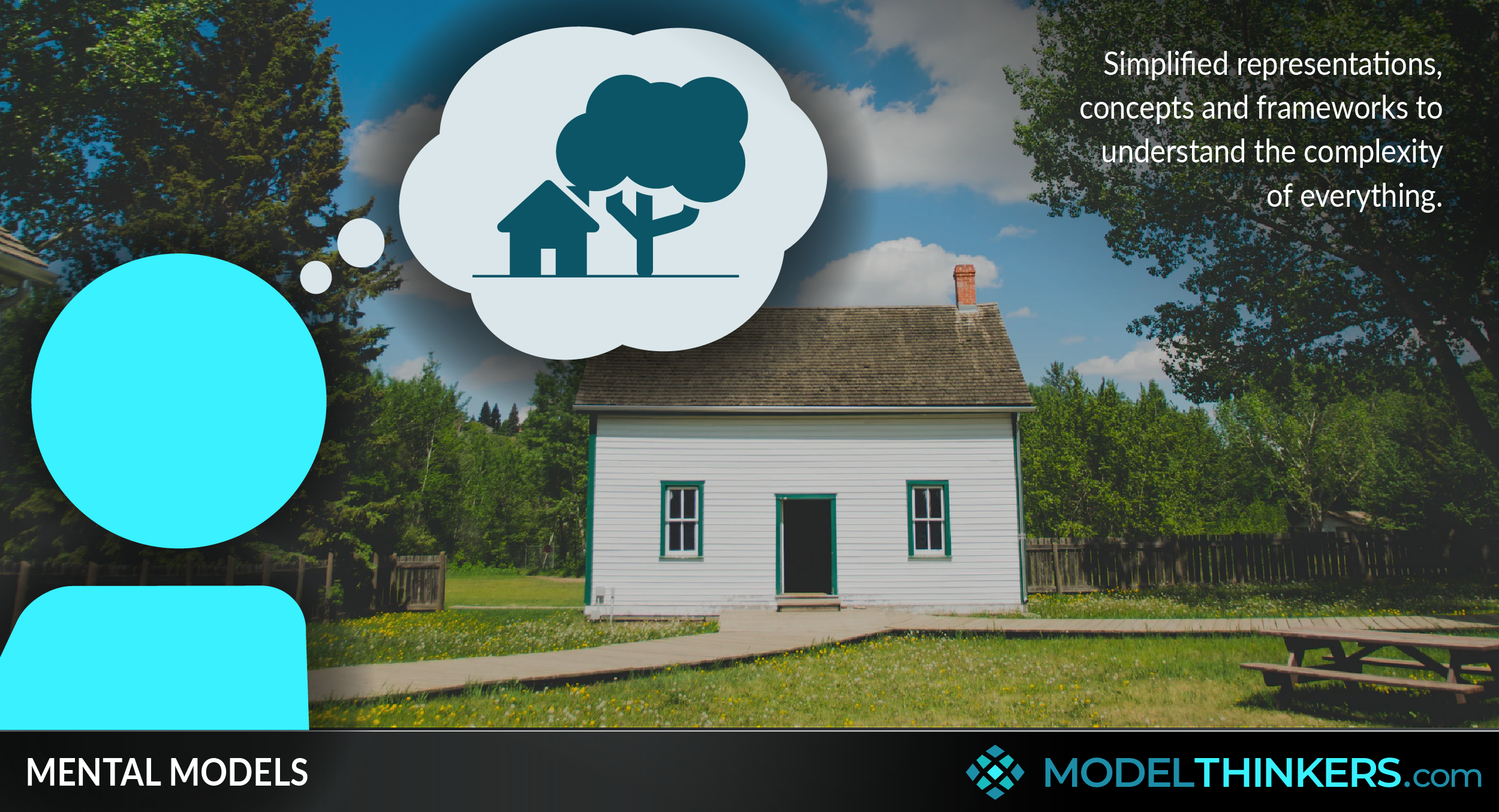
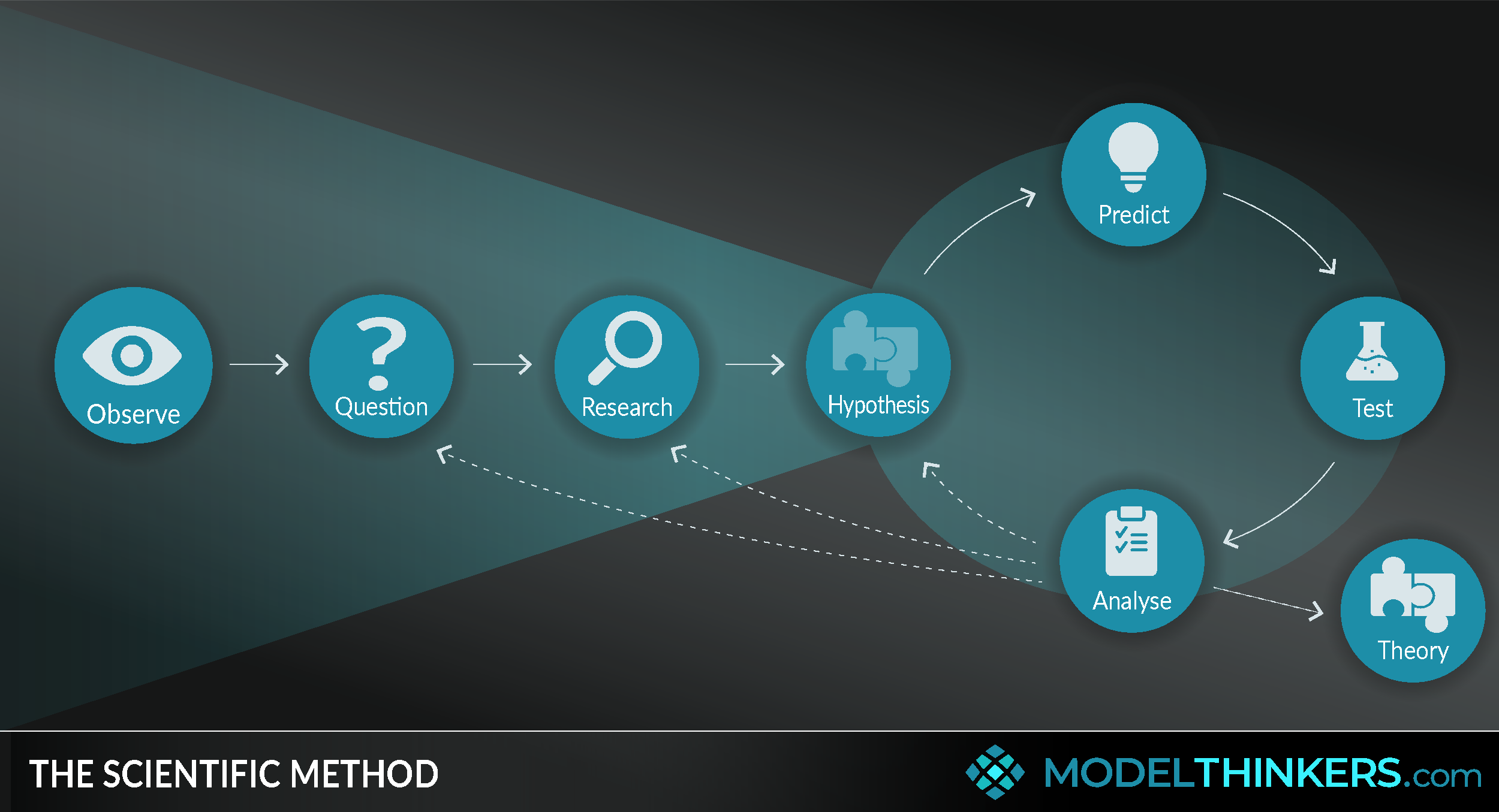
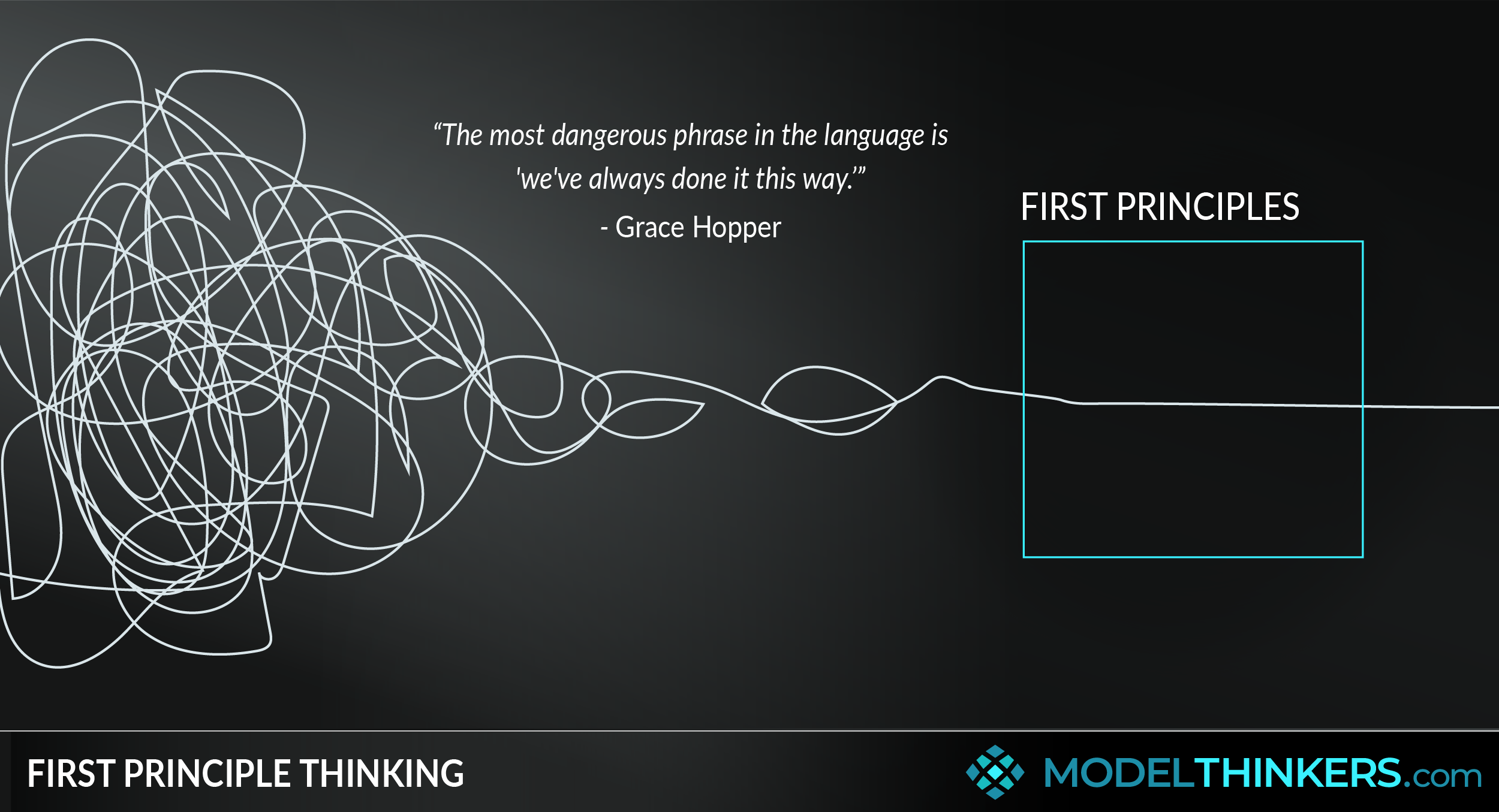
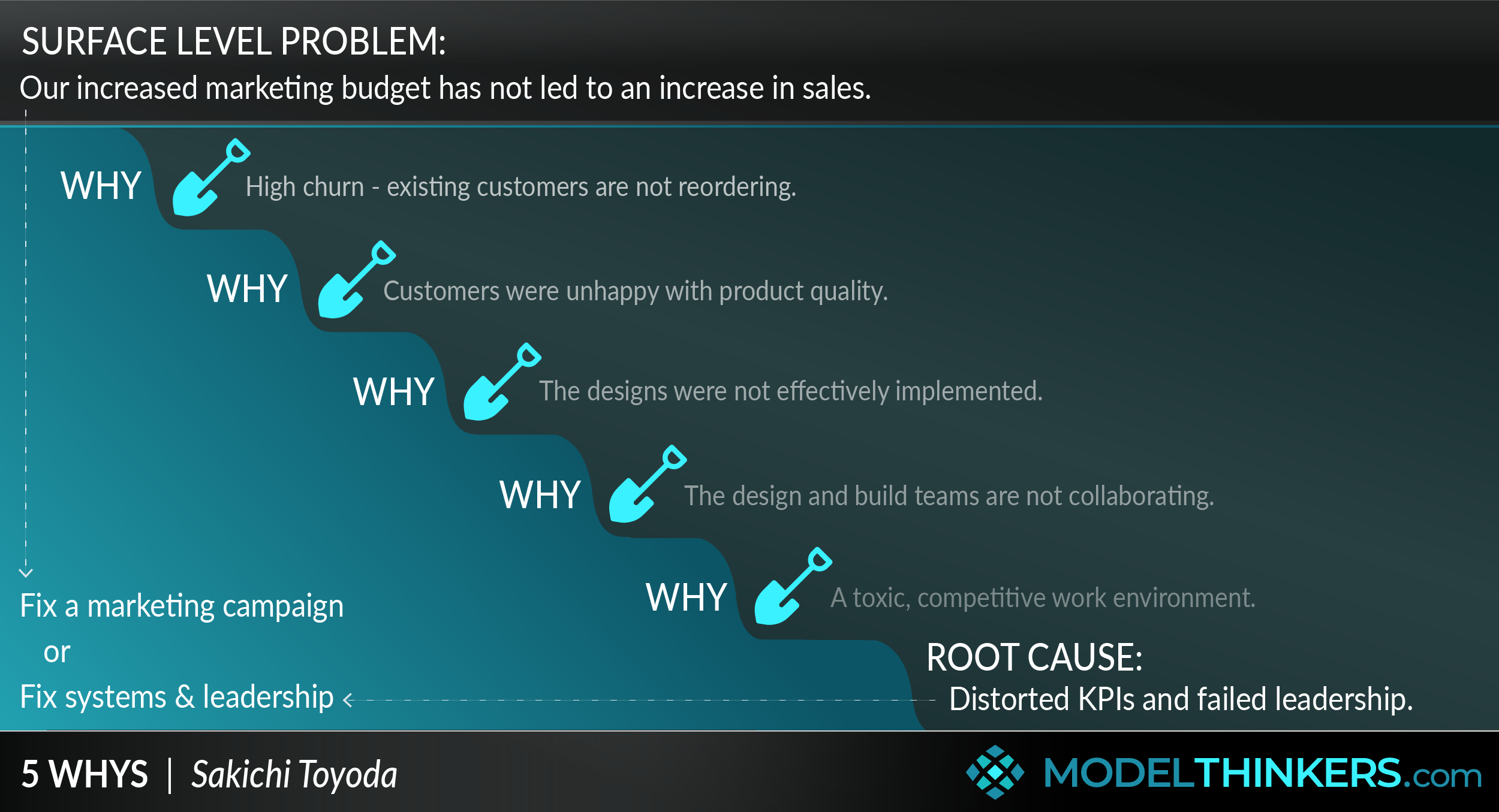
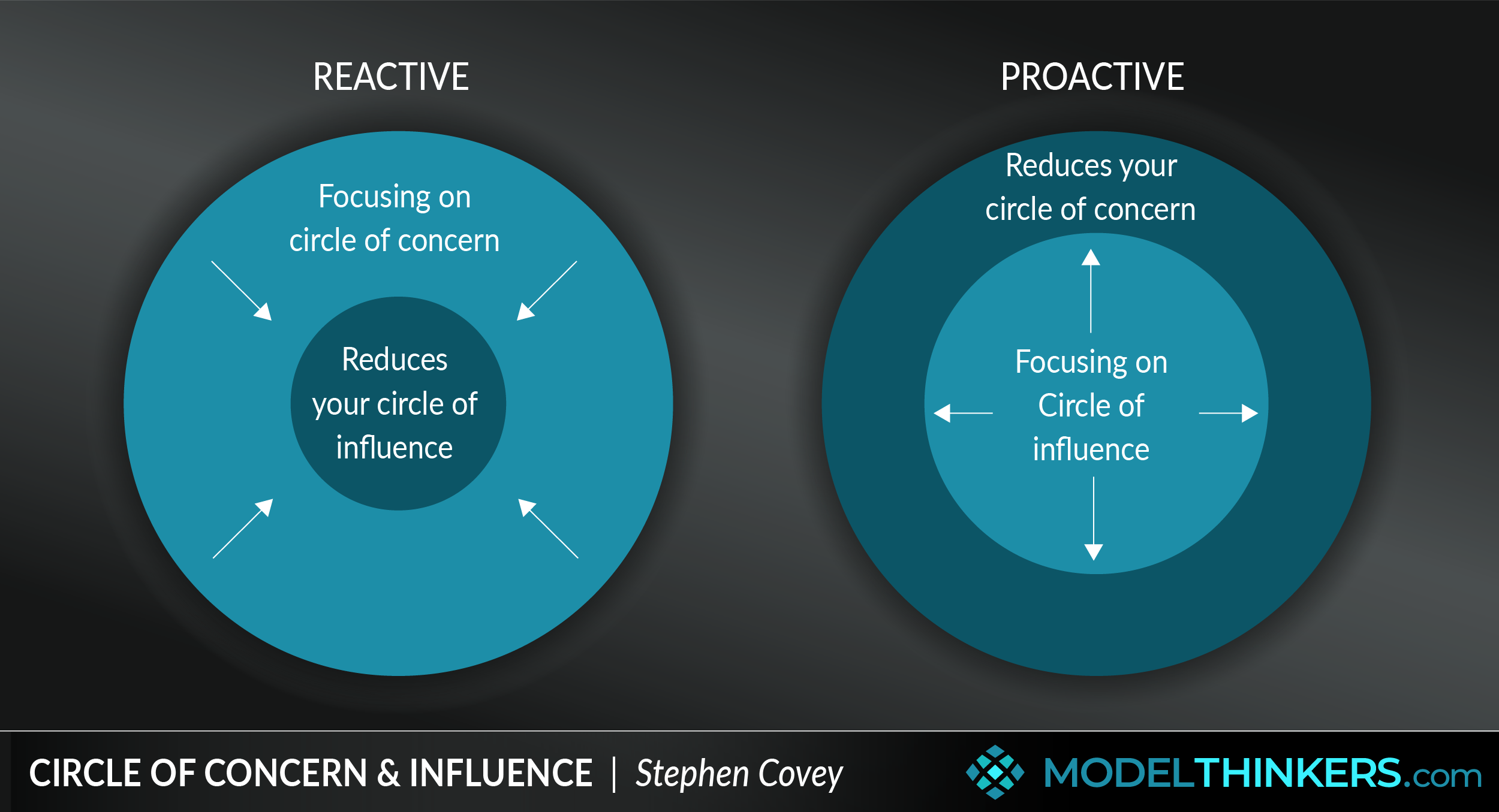

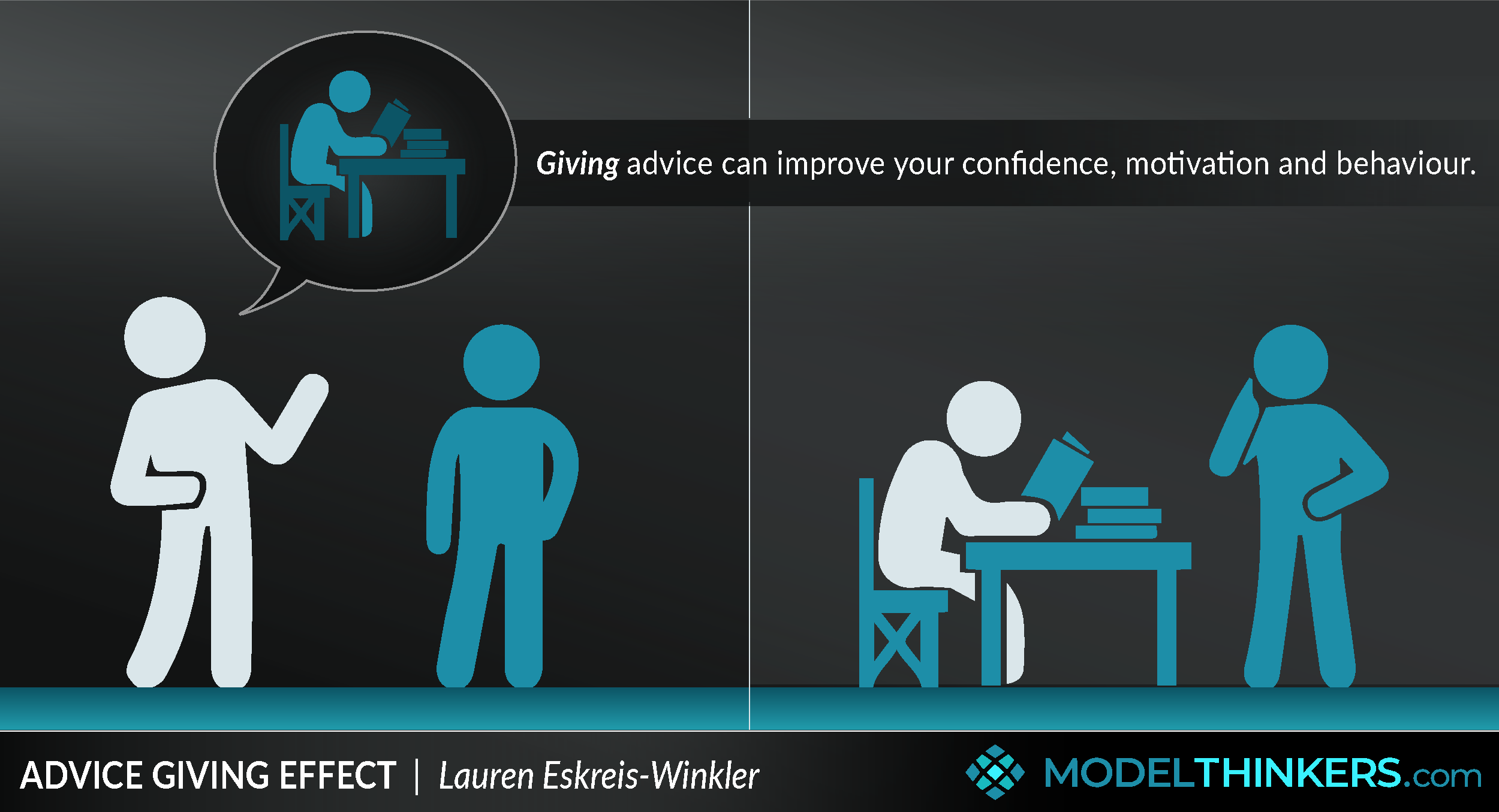
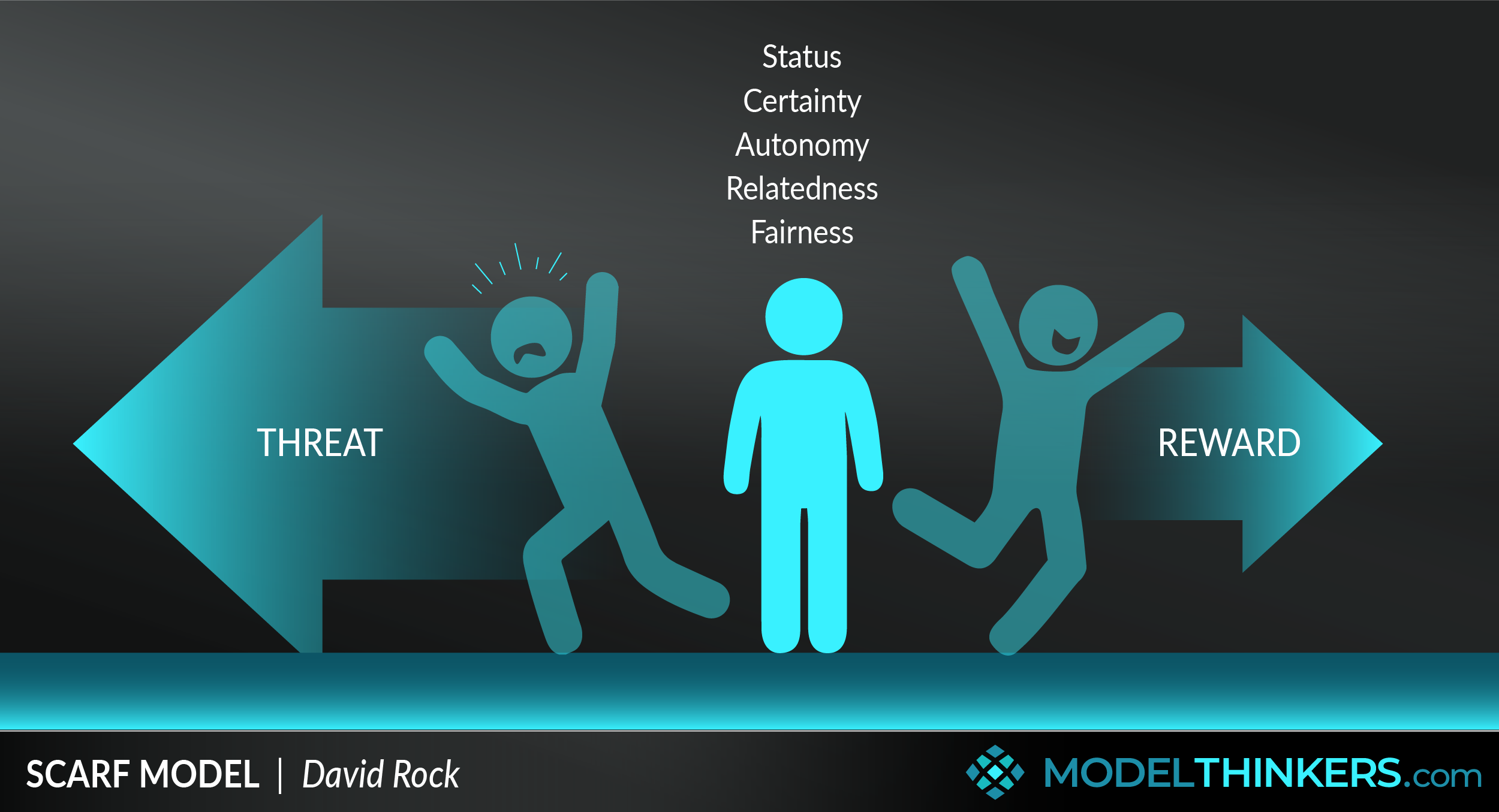
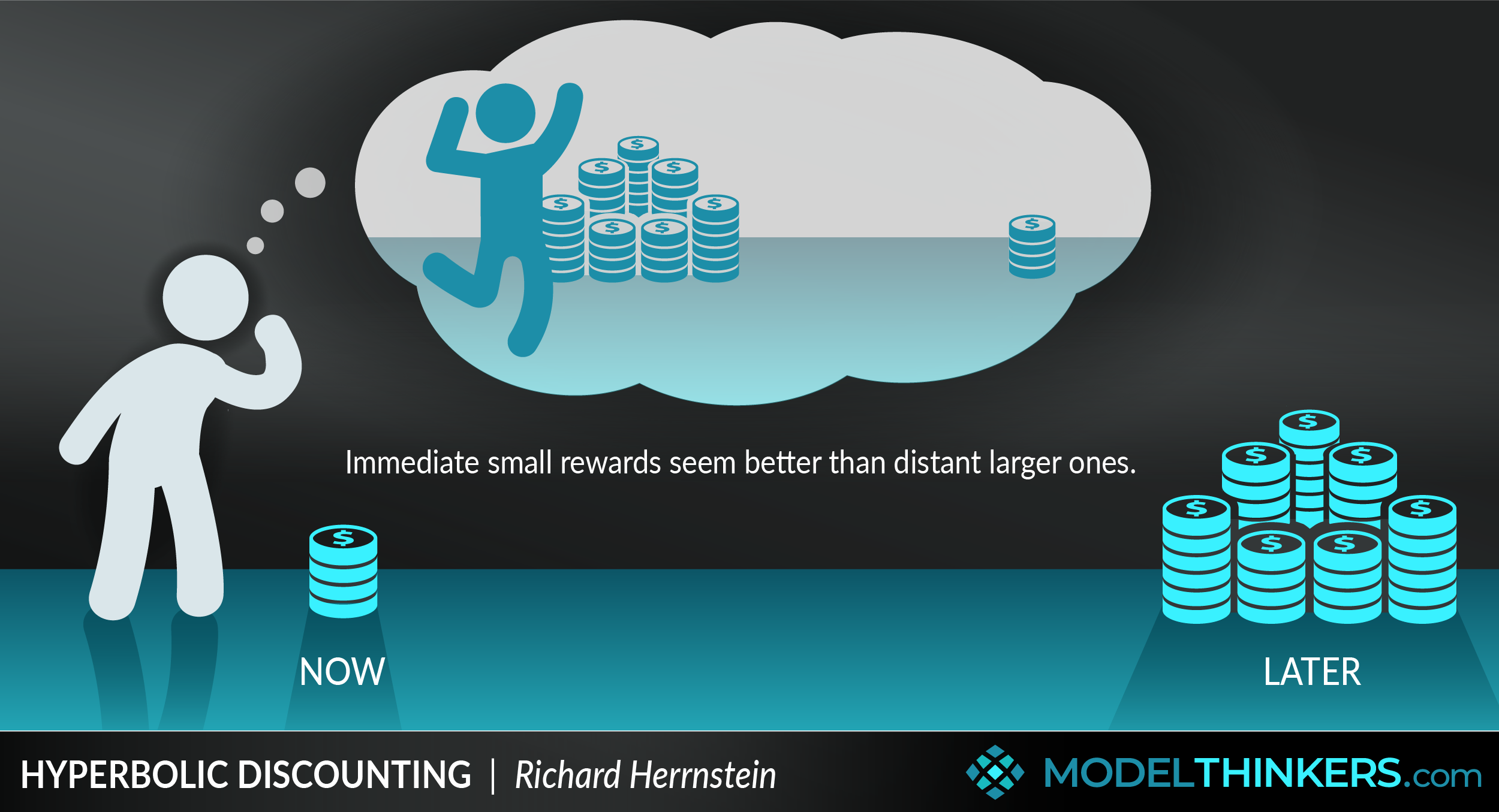

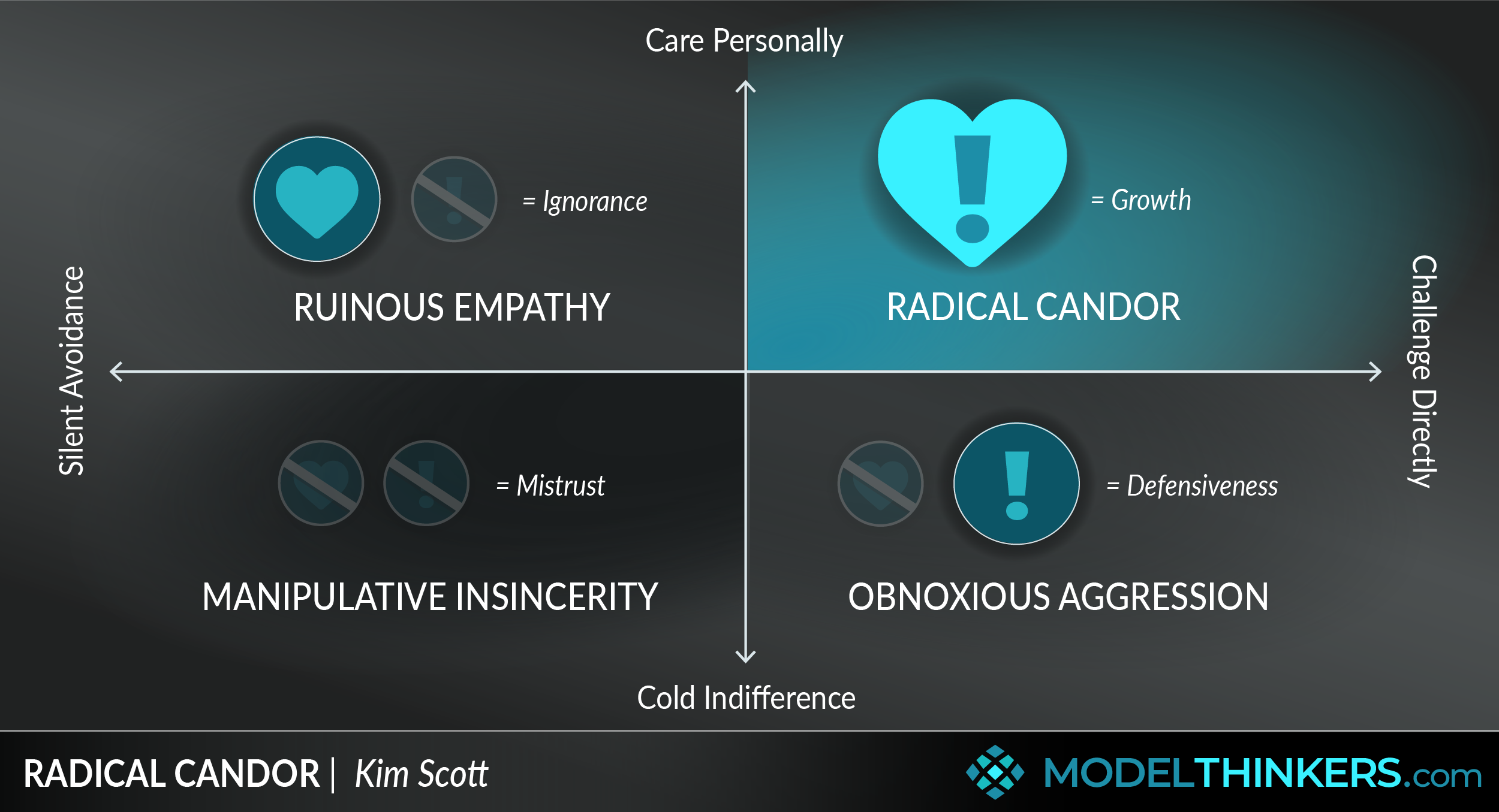
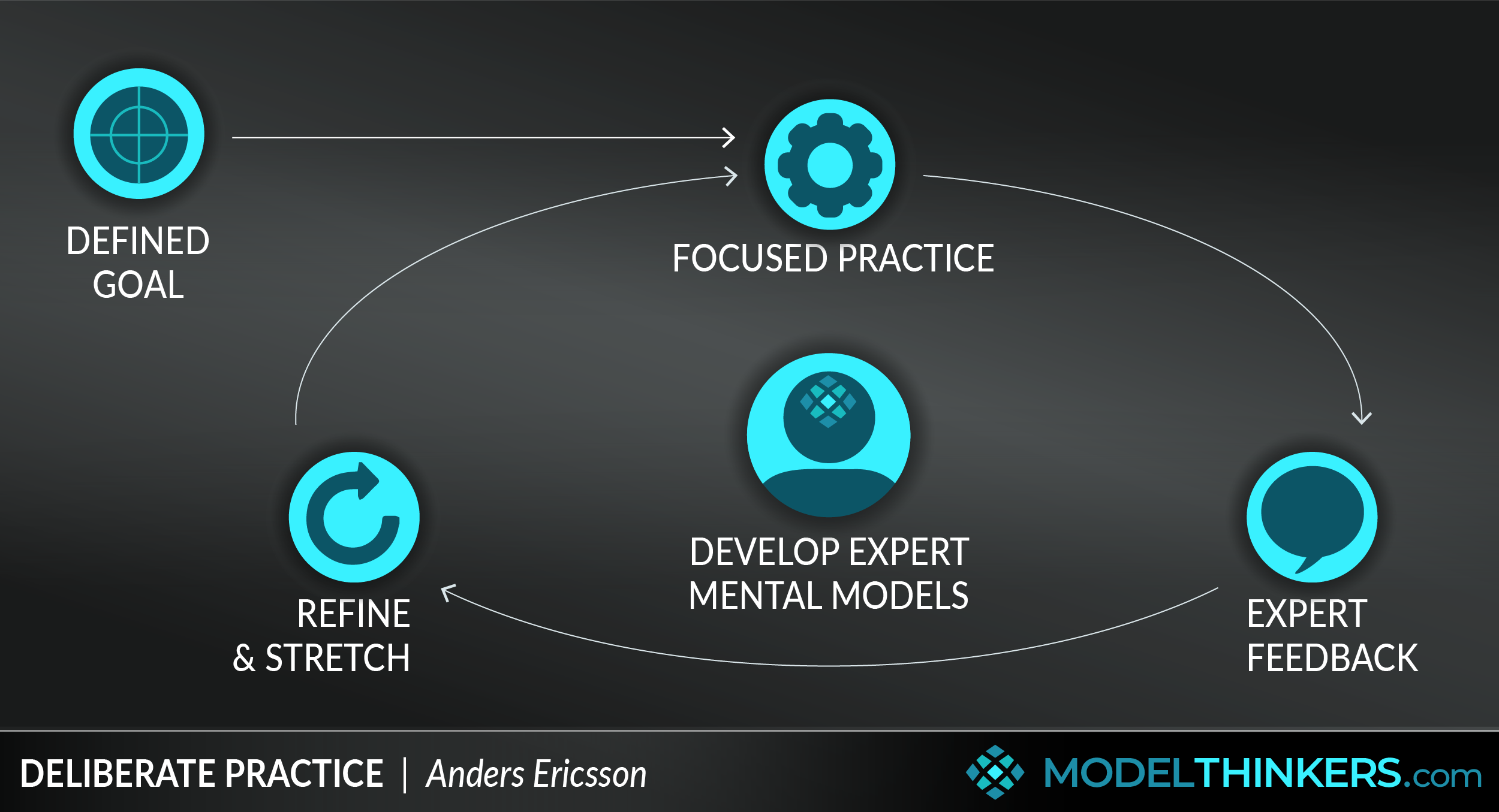
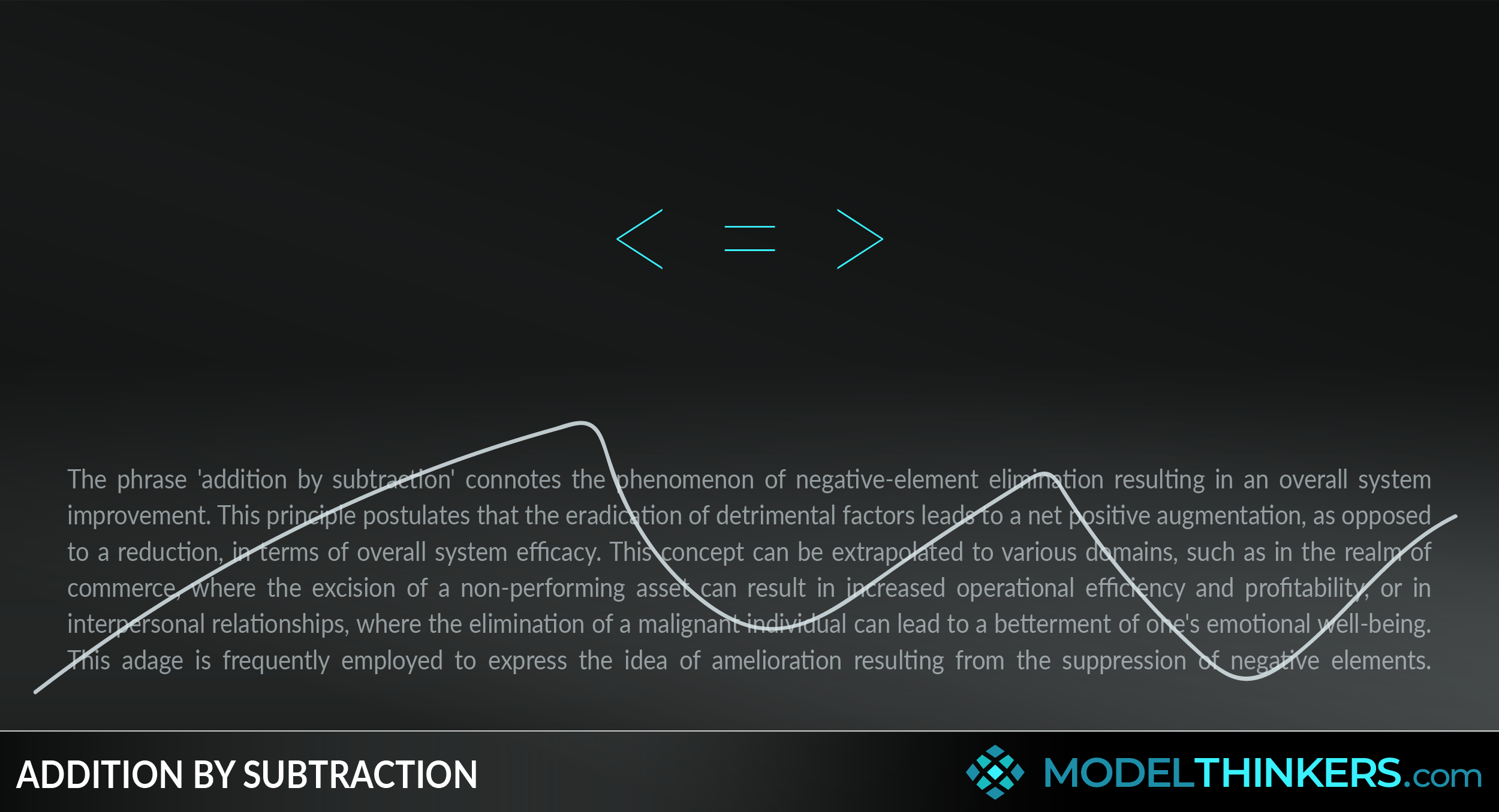

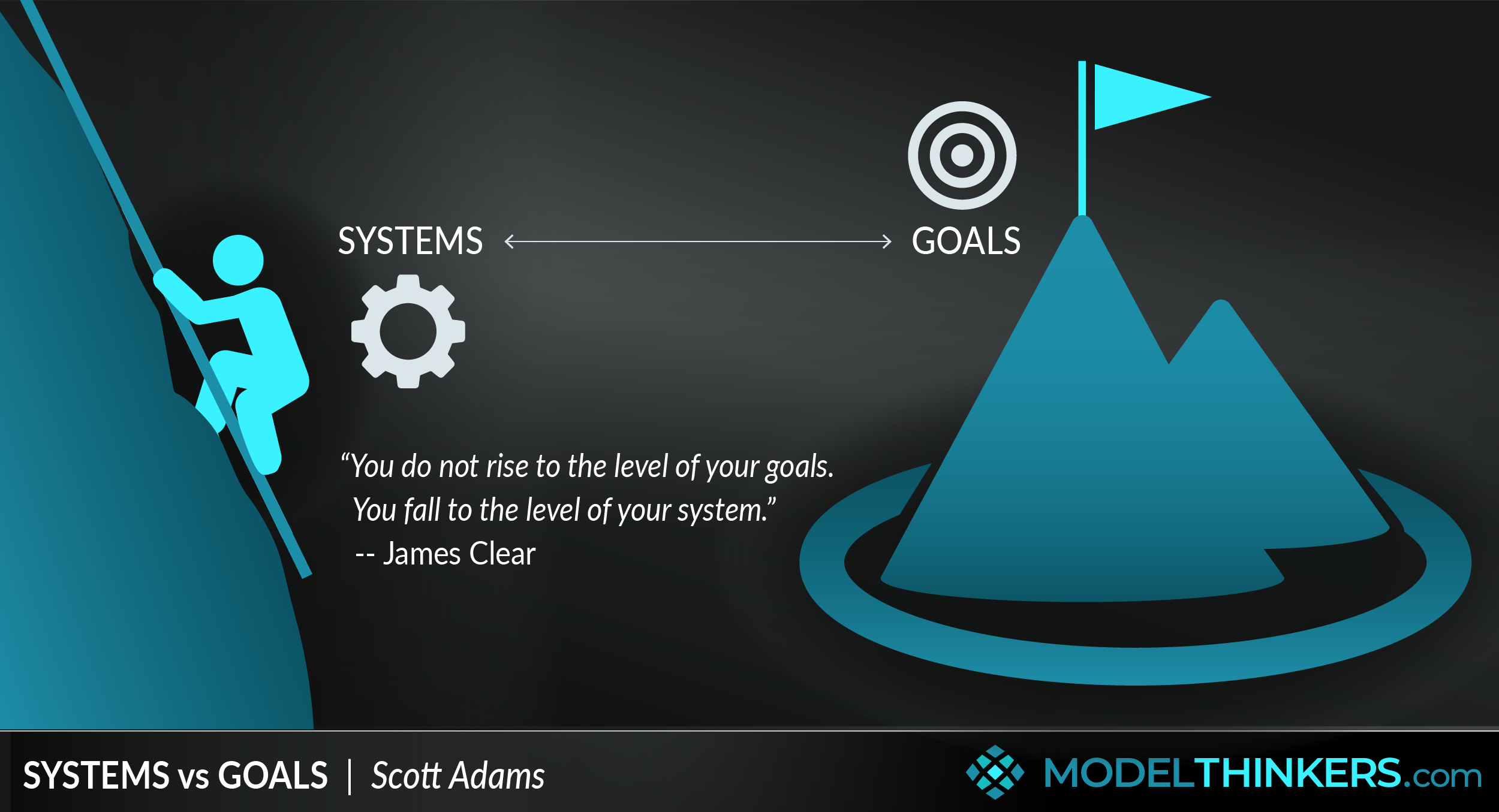
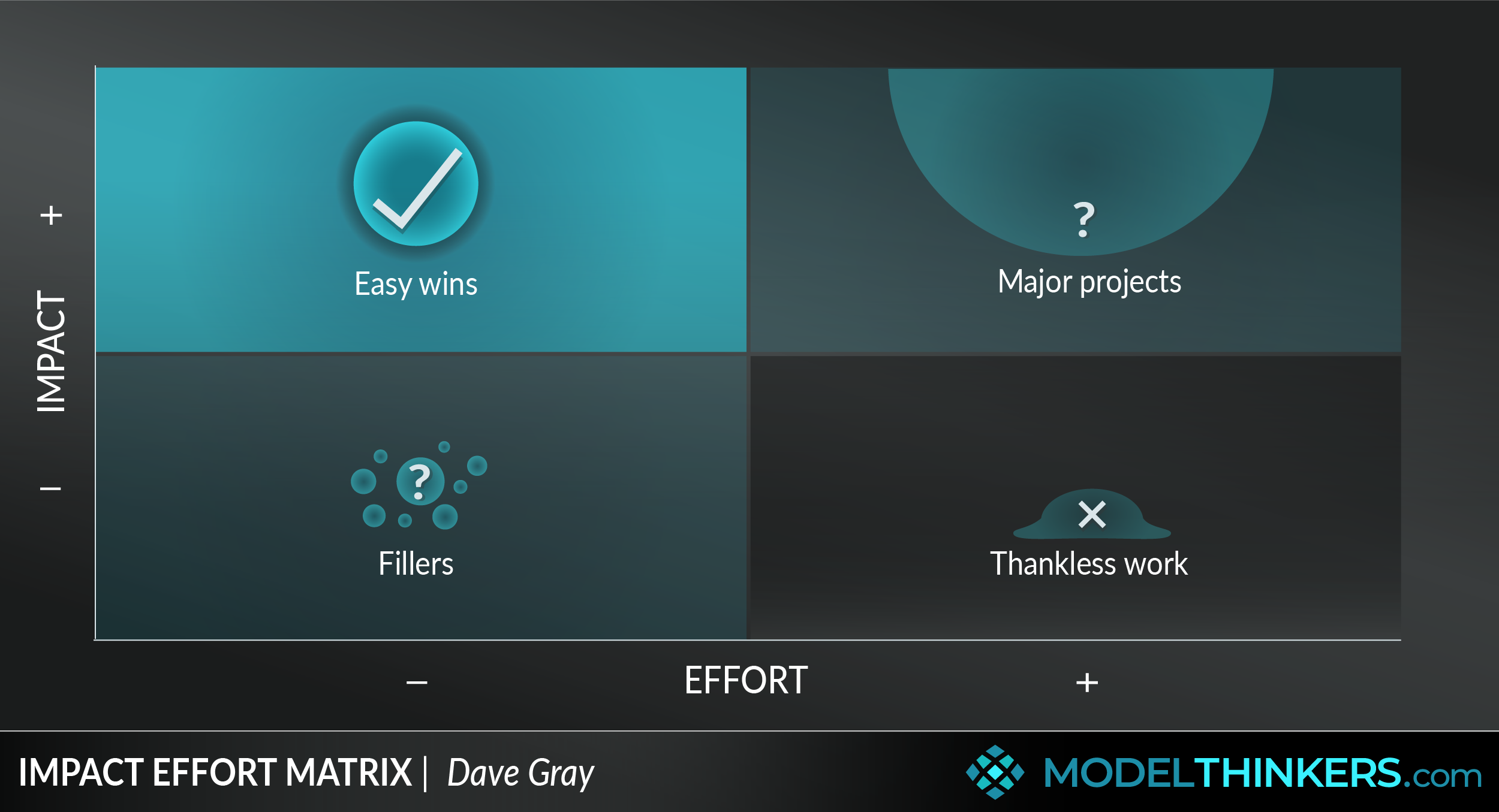
Premium content
Please do login or sign up to see premium contect
Subscription expired!
Please renew your subscription to access this feature.
 My Notes
My Notes


